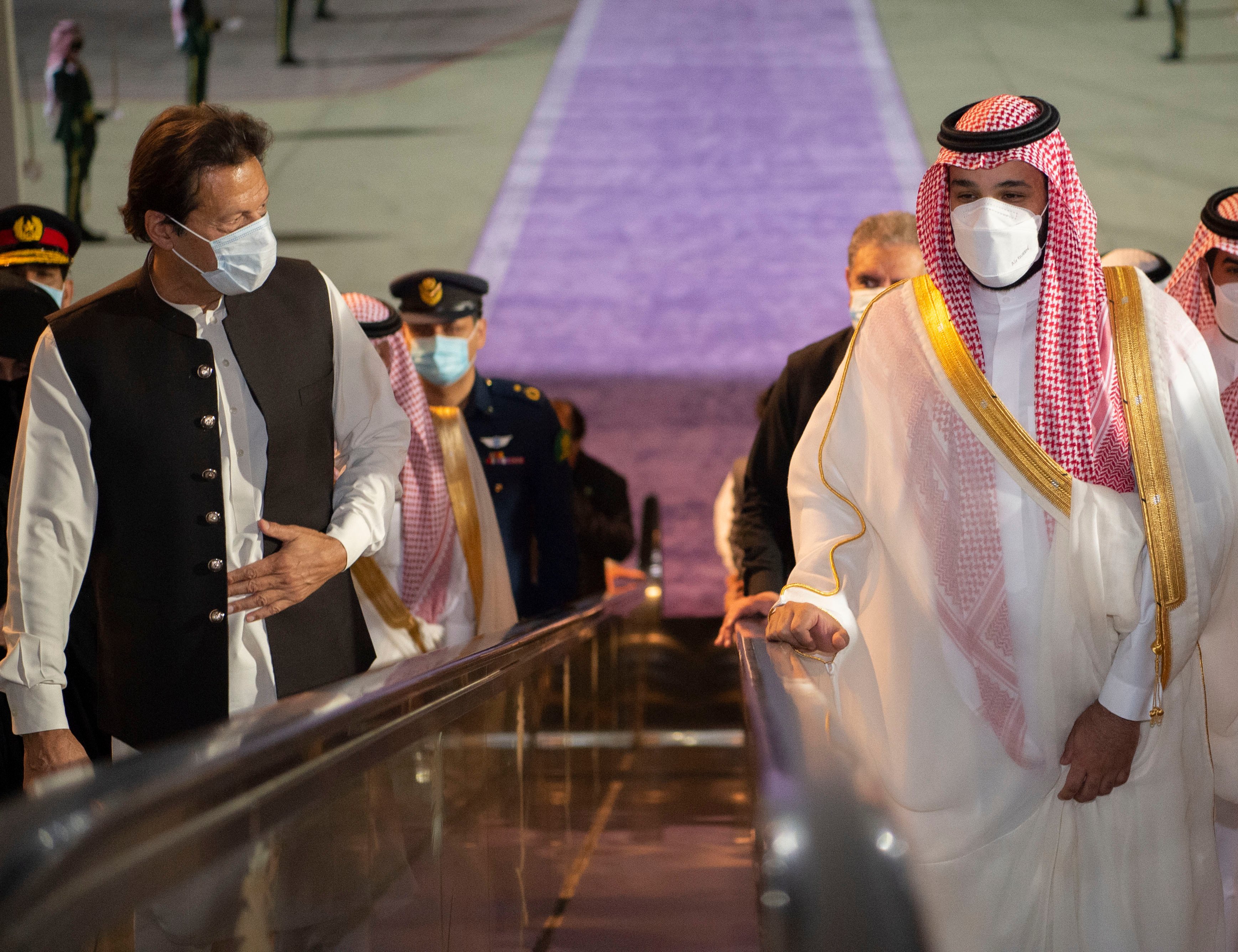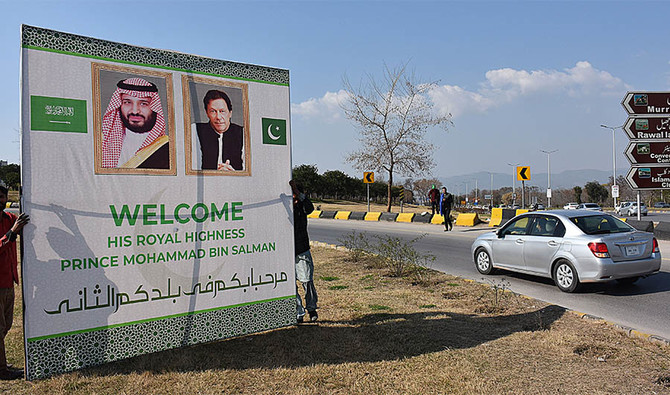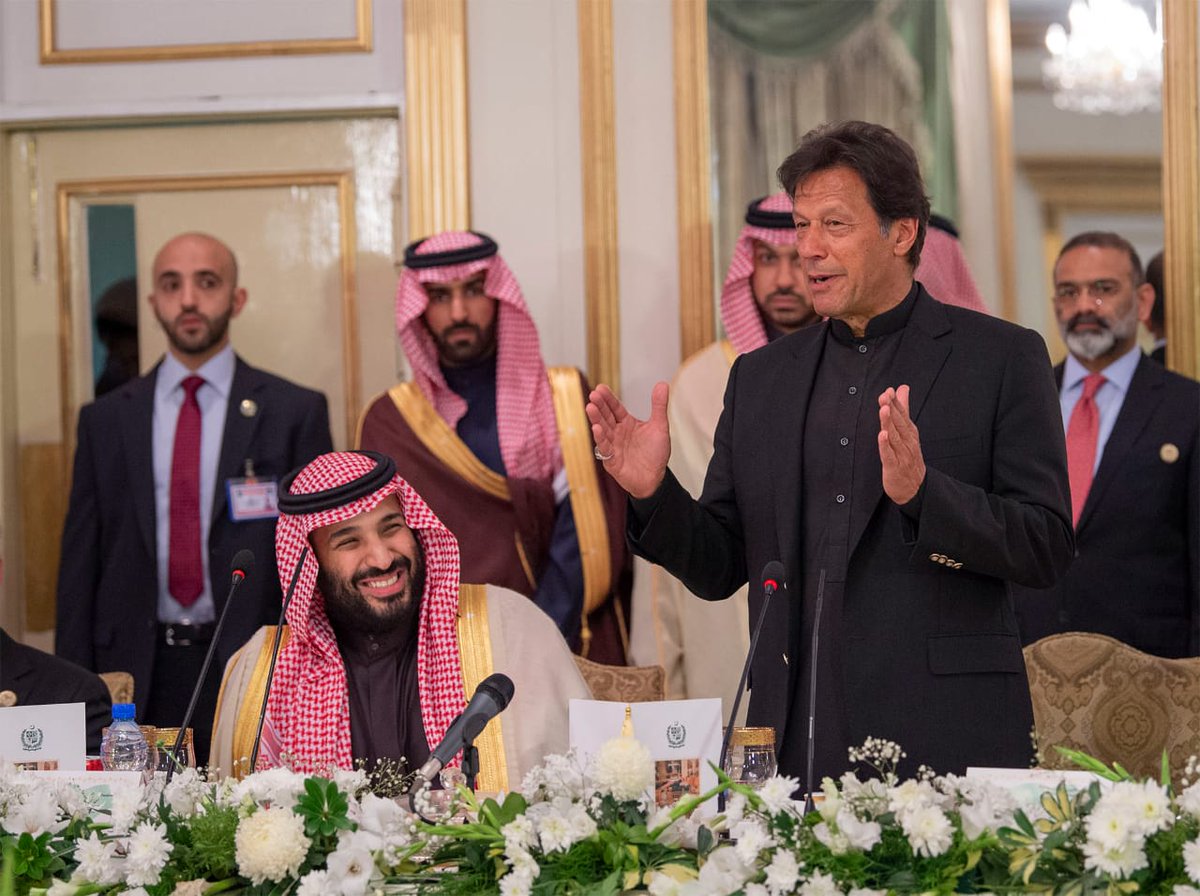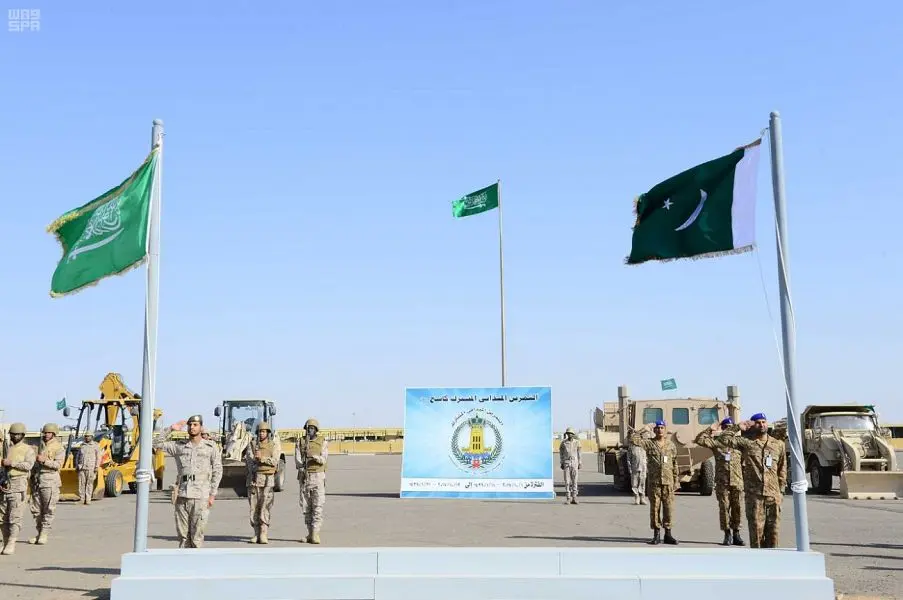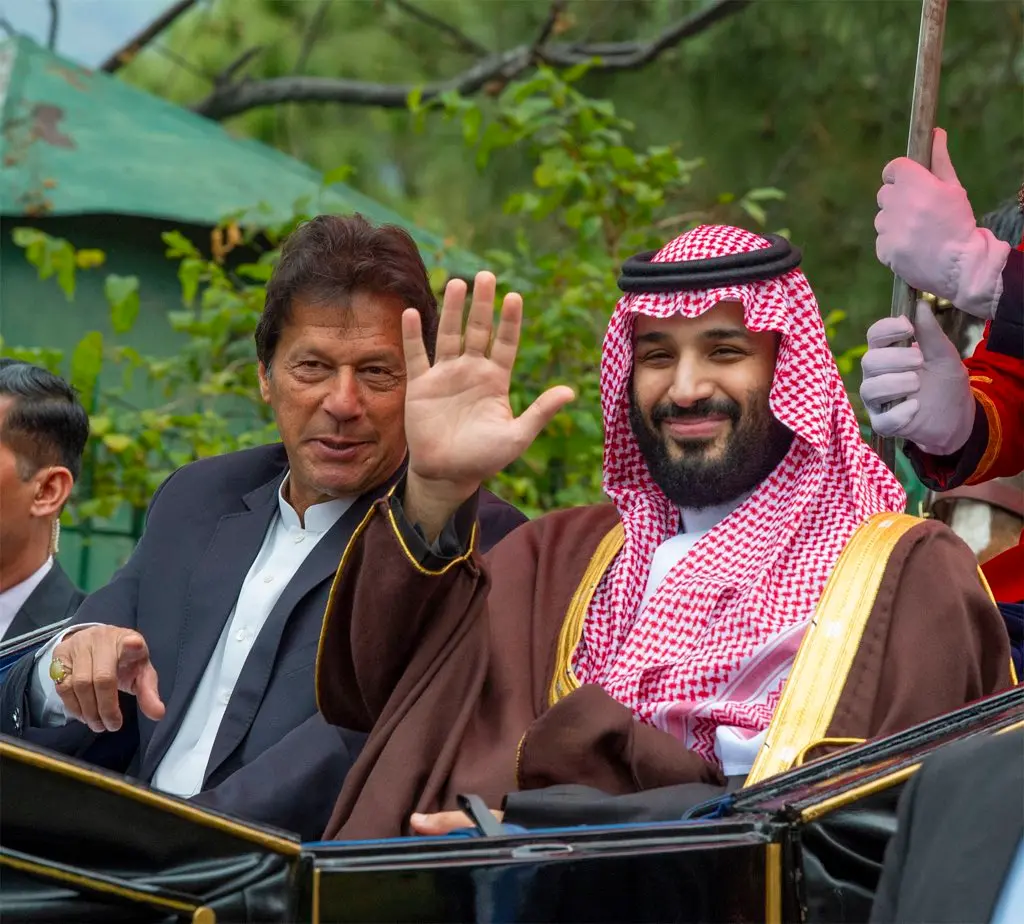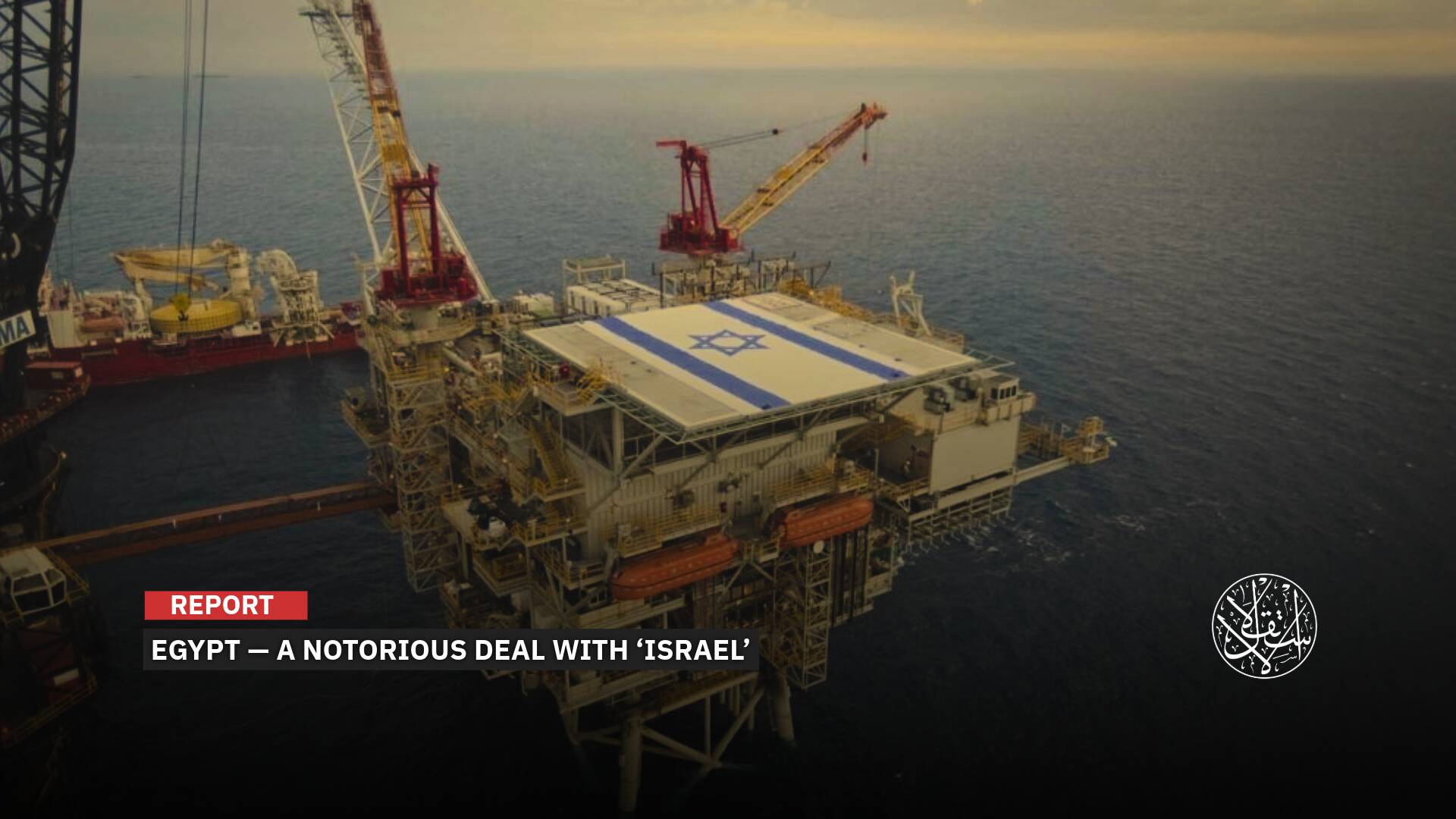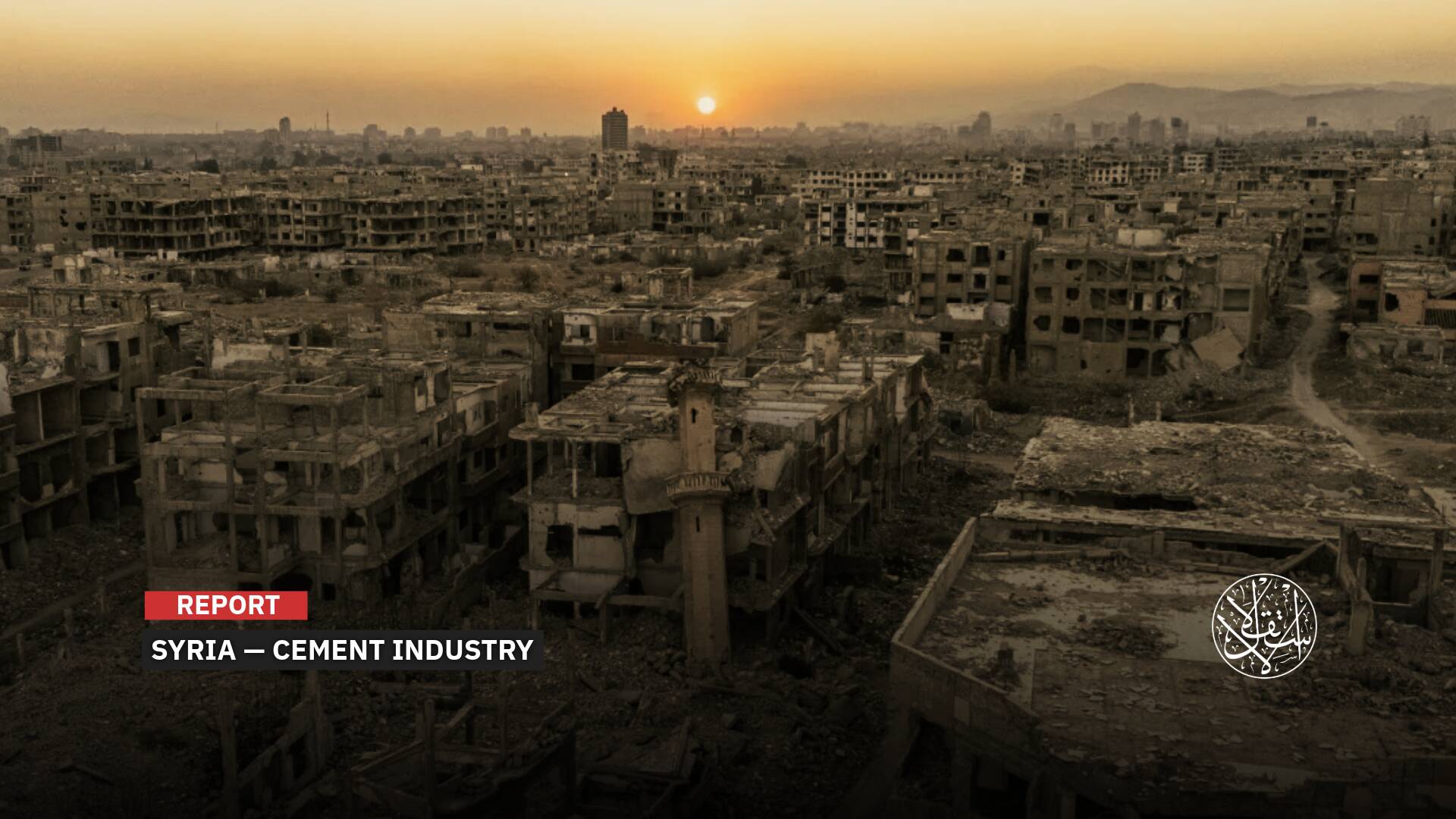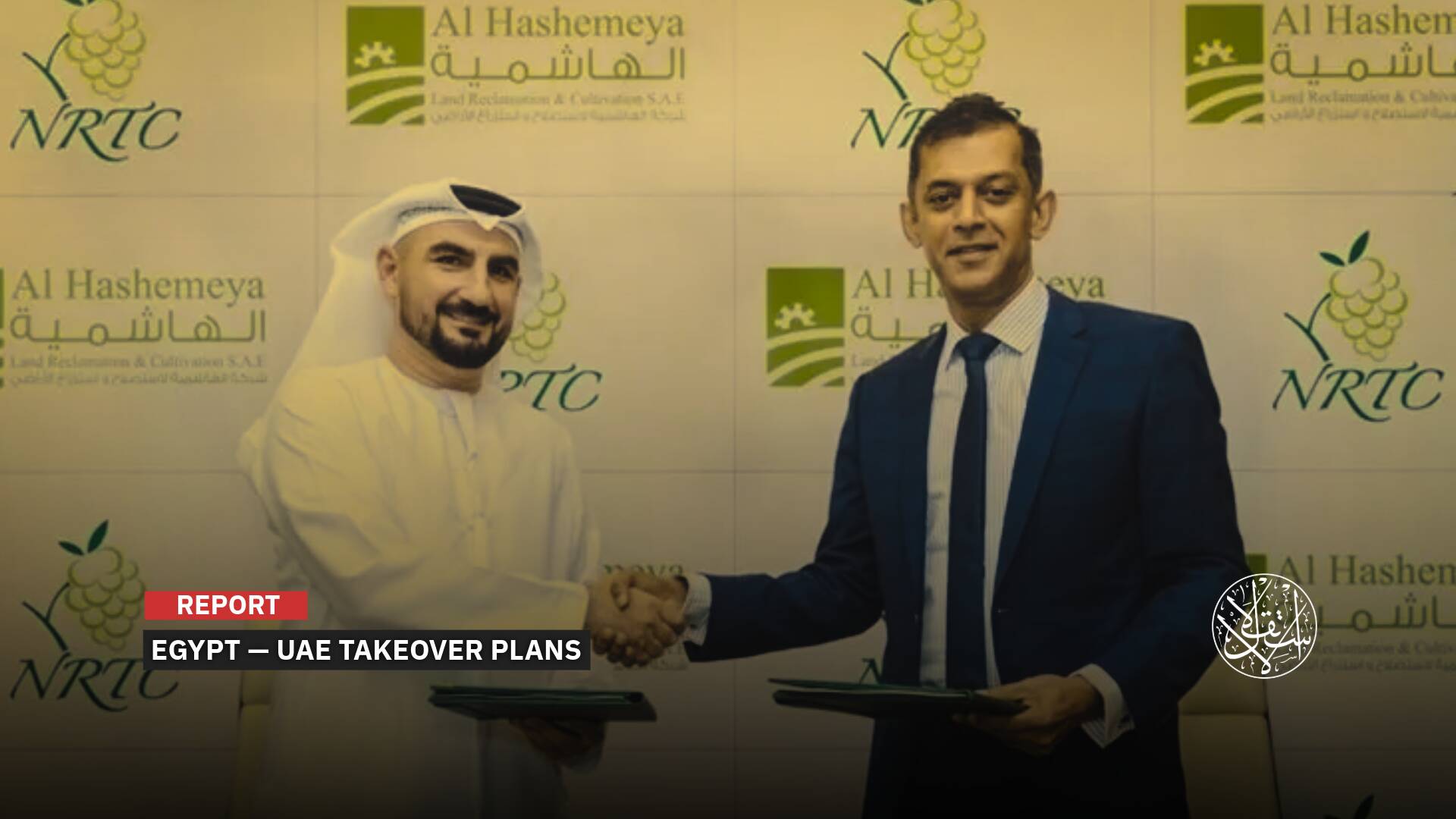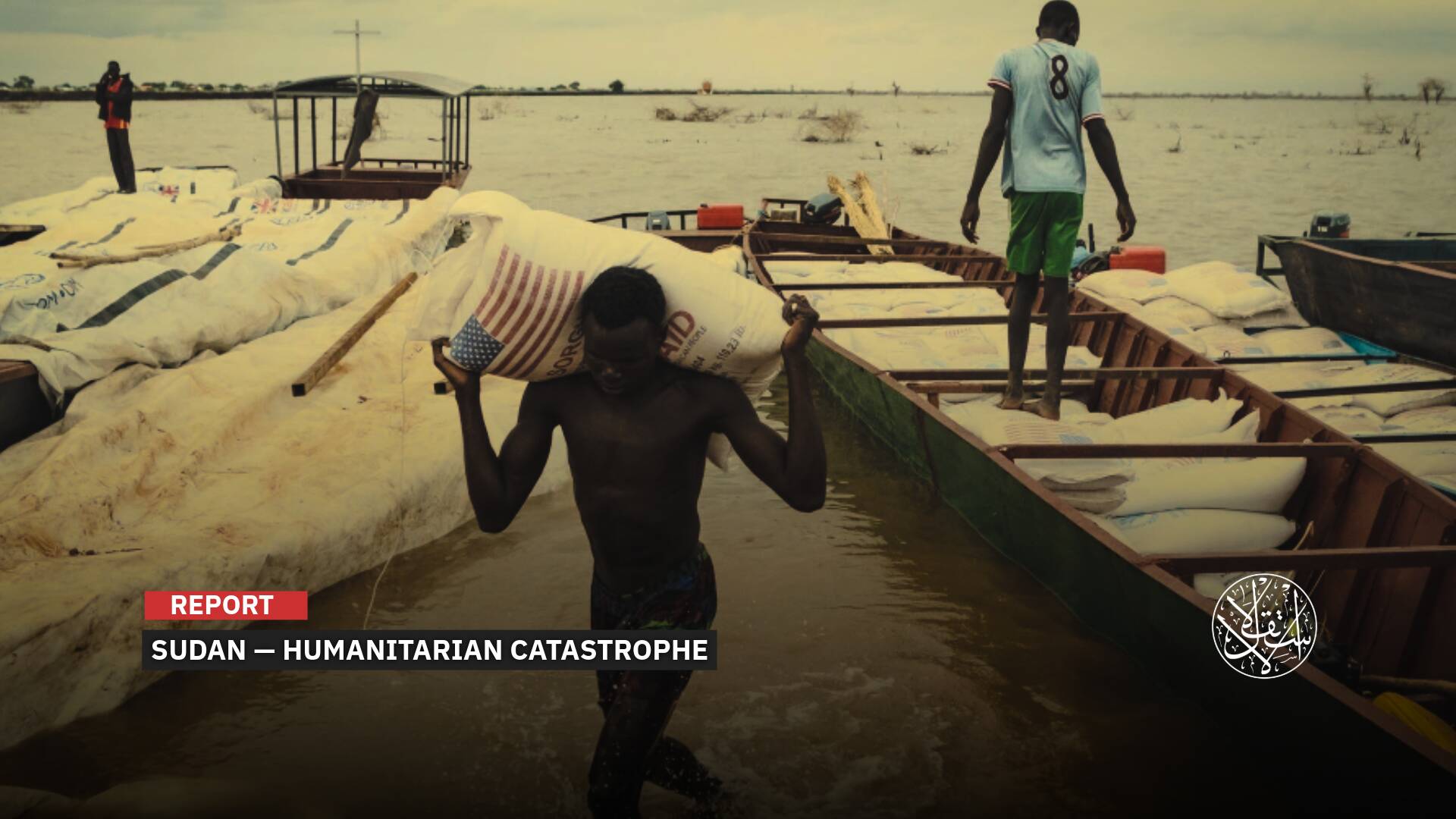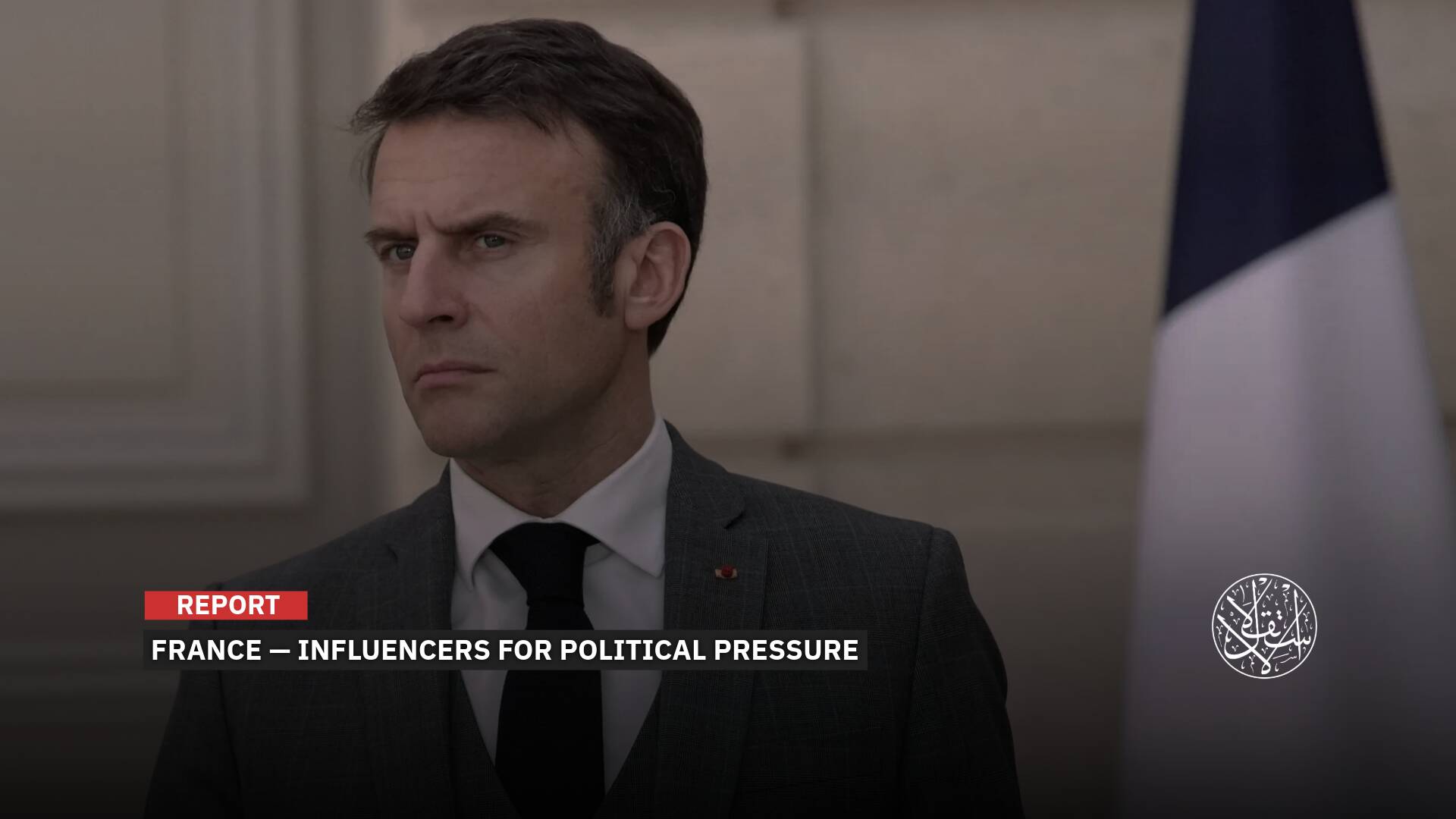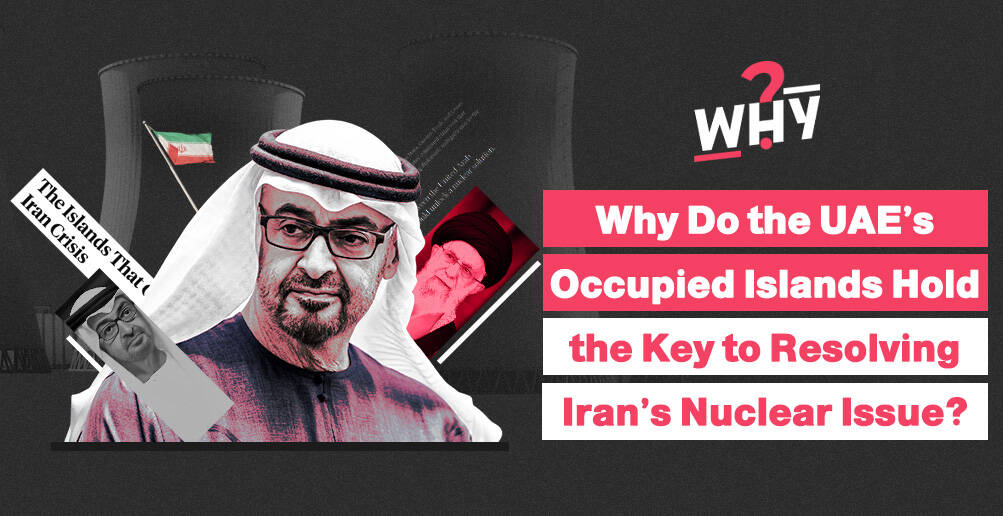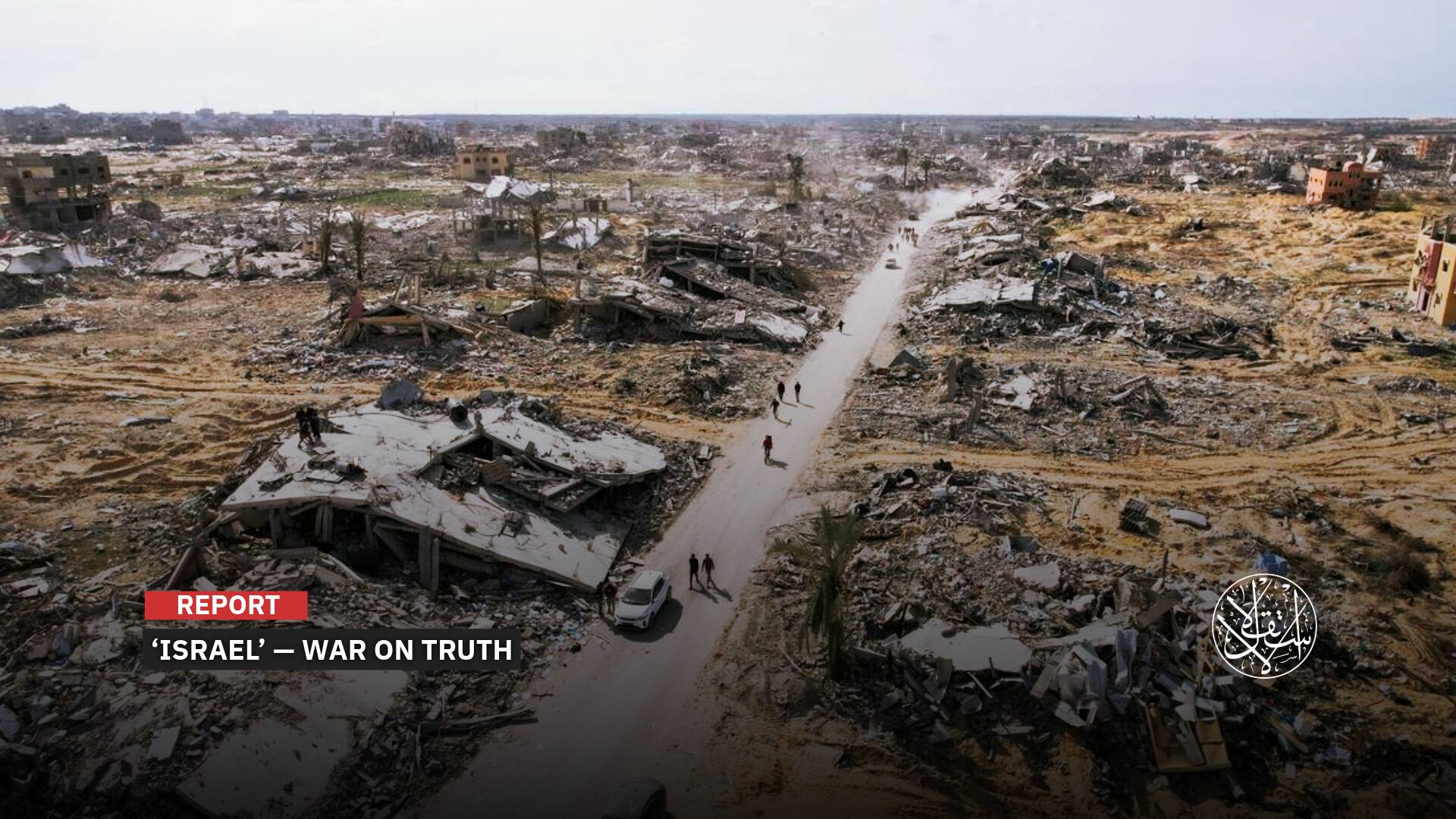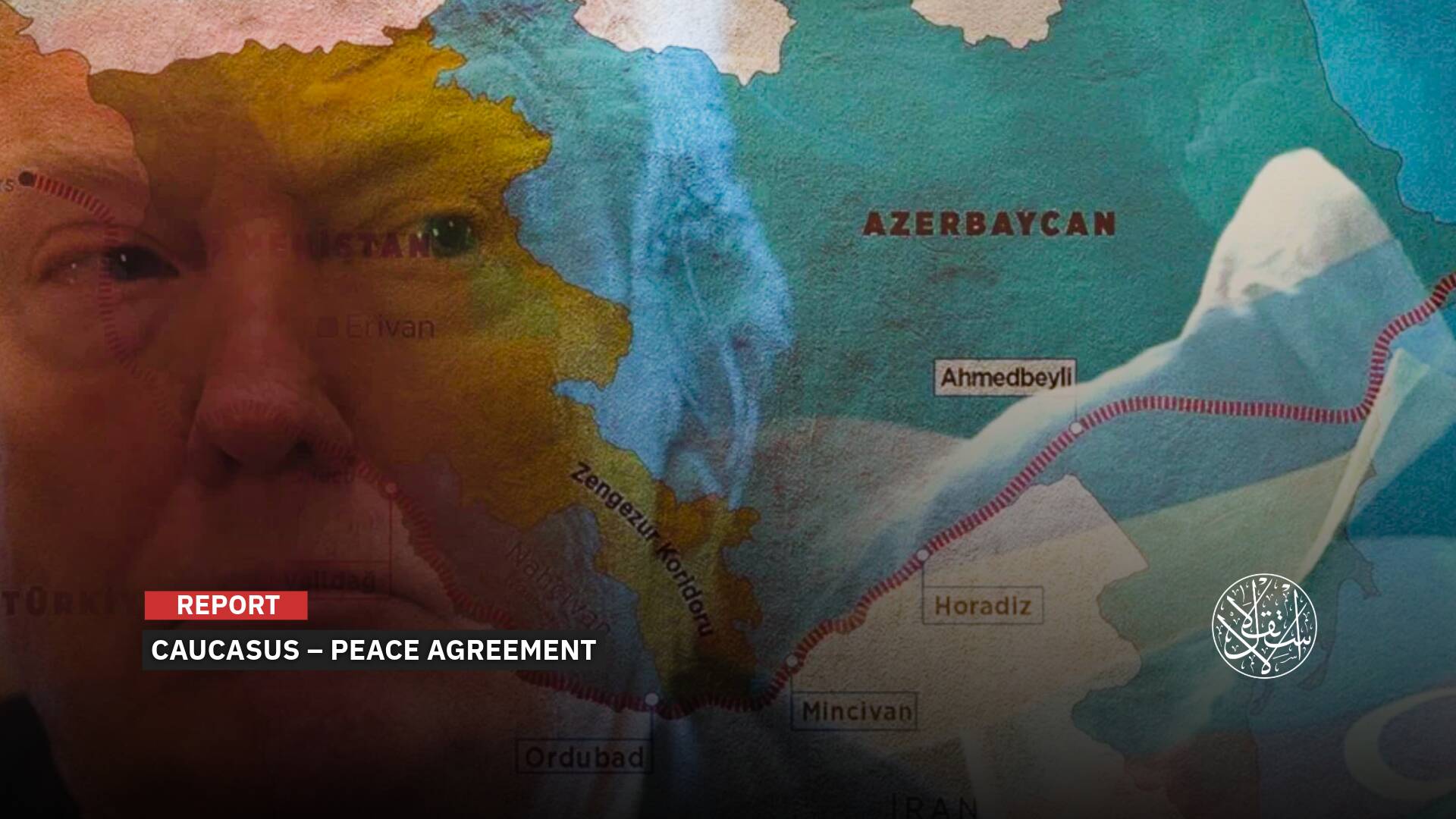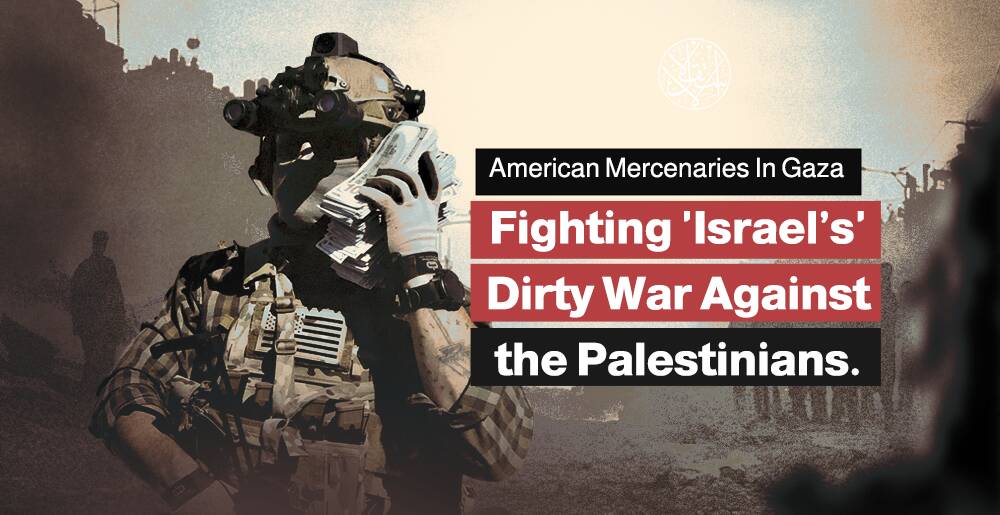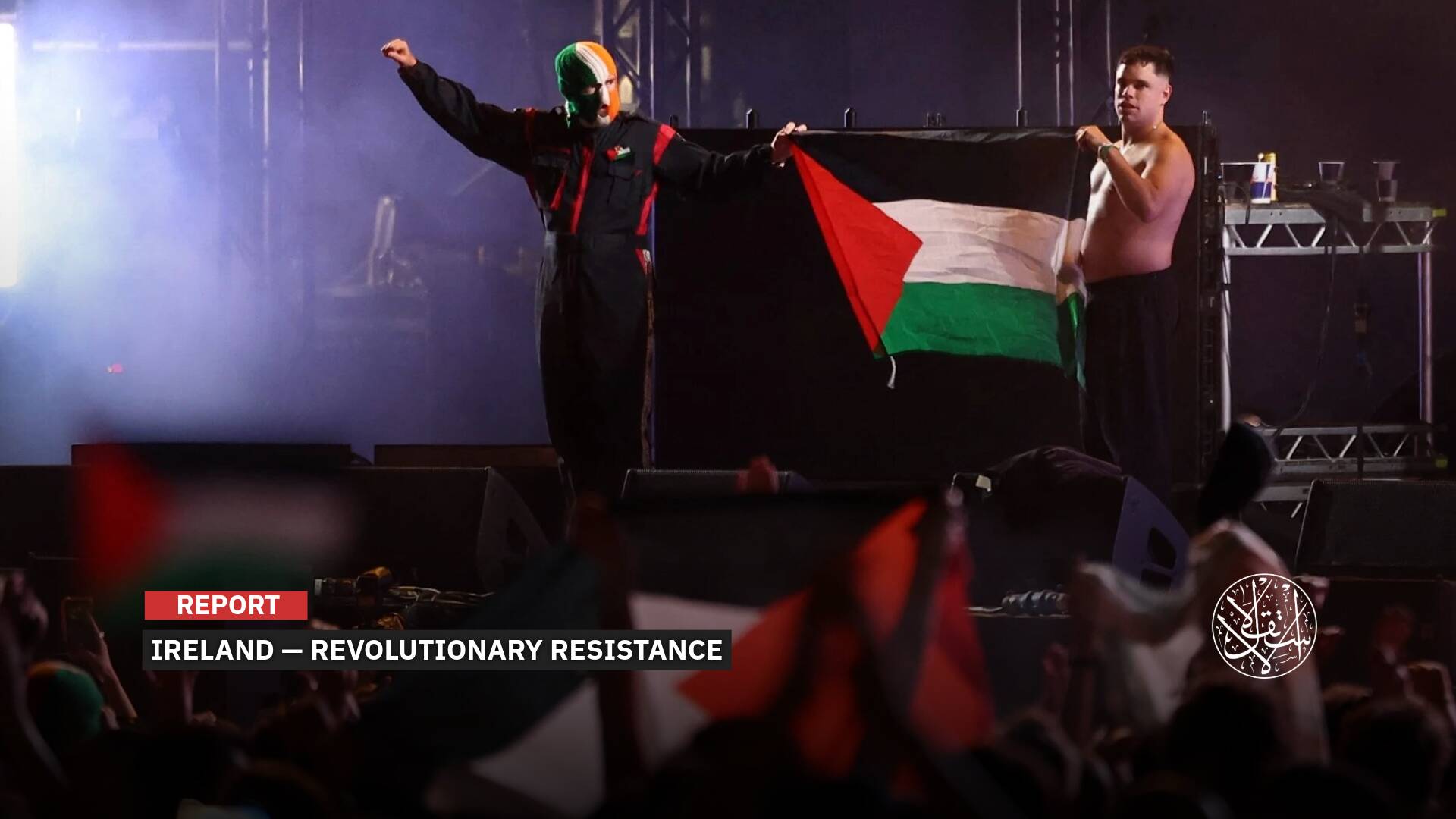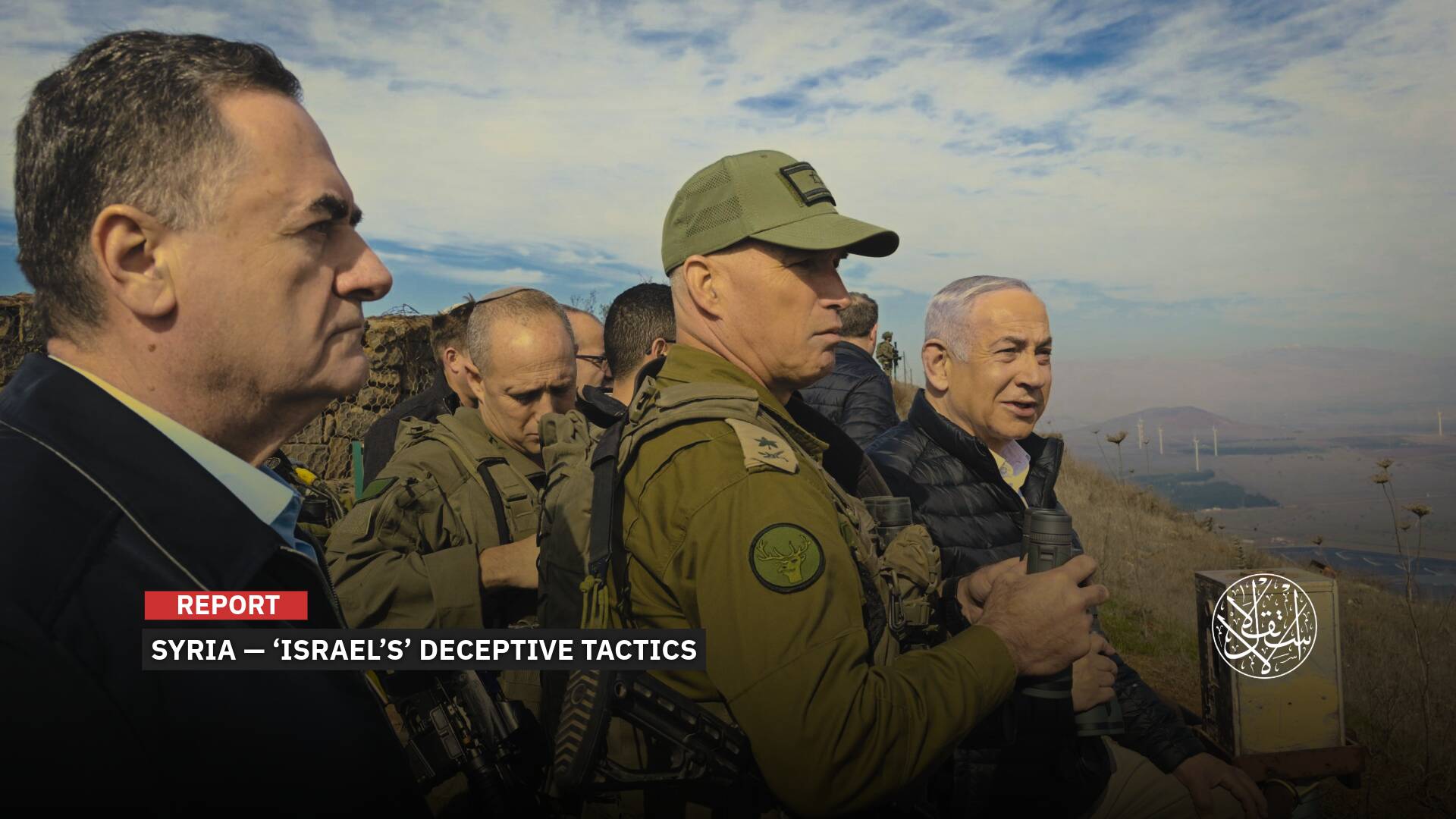After Years of Estrangement and Aversion, Why Did Saudi Arabia Return Its Financial Support to Pakistan?
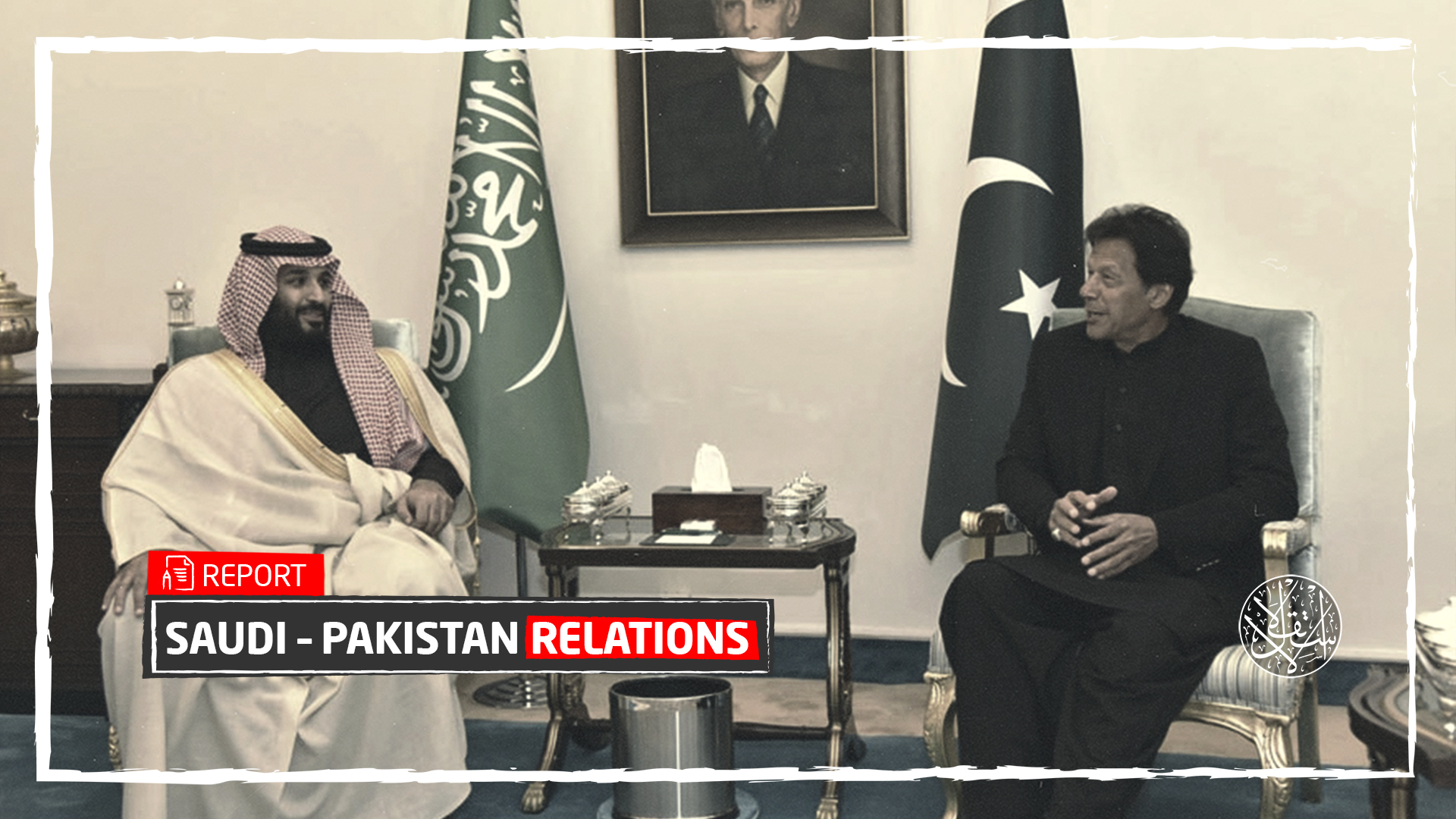
In a move that marks the resumption of relations between Riyadh and Islamabad after years of apathy, on October 27, 2021, Saudi Arabia announced that it would provide $4.2 billion in aid to Pakistan, which is facing economic pressure, after being unable to reach an agreement with the International Monetary Fund.
Saudi Arabia's financial support came just two days after a visit by Pakistani Prime Minister Imran Khan to Riyadh on the occasion of the Green Middle East Initiative summit, which is its second in 2021, which indicates the opening of a new page of the relation between the two countries and the closure of differences.
“Saudi Arabia will deposit $3 billion in its central bank to help boost its shrinking foreign exchange reserves,” Pakistani Finance Minister Shaukat Tarin said.
He said via Twitter on October 27, 2021: “The Saudi government would provide crude oil to Pakistan on deferred payments worth up to $1.5 billion annually.”
The Pakistani Prime Minister thanked Saudi Arabia for the financial support and through his Twitter account on October 27, 2021, said that “as long as the kingdom has existed in our difficult times, including now when the world is facing a rise in commodity prices.”
A Breakthrough in Relations
The financial deposit indicates the return of Saudi-Pakistani relations after differences between the two sides since 2015, and reached their climax in 2020, when Riyadh demanded from Islamabad to return part of a soft loan amounting to $3 billion.
Their relation has been tense since April 2015, when the Pakistani parliament voted in favor of a resolution not to interfere in Yemen, as part of a military alliance launched by Saudi Arabia to counter the Houthi advance and their control of the capital, Sanaa.
Despite then-Prime Minister Nawaz Sharif's close ties to the kingdom, this opposition made his government unreliable in Riyadh's eyes.
In an attempt to alleviate Riyadh’s annoyance, Pakistan participated in the military training, Northern Thunder, in 2016 with Saudi Arabia and its allies, in addition to the joint exercises between the special forces in both countries.
But the Pakistani refusal to engage in supporting the efforts of the military coalition in Yemen was considered a great disappointment for Riyadh, and the differences between the two sides developed until they included the disputed region of Kashmir between New Delhi and Islamabad.
As a result, Pakistan hinted in a veiled manner that if the Saudi-led Organization of Islamic Cooperation did not hold a high-level meeting on Kashmir, it will go with the option of holding a meeting of Islamic countries outside the Organization of Cooperation, what this means is undermining the leadership of the Islamic Kingdom.
In another step that Riyadh considered provocative, the Pakistani Prime Minister attended a conference in December 2018 in Kuala Lumpur, organized by Turkey, Malaysia and Iran, in a form that appeared to target the Saudi-led Organization of Islamic Cooperation.
This exacerbated the crisis between Pakistan and Saudi Arabia, as Riyadh was uncharacteristically quick to demand the return of $1 billion from a $3 billion loan it had extended to Islamabad, Riyadh has also refused to renew a multi-billion dollar oil credit facility.
However, relations between the two countries began to return to normal, after Imran Khan visited Riyadh in May 2021 and discussed with Crown Prince Mohammed bin Salman bilateral relations and issues of common interest.
During Imran Khan's visit to the capital, Riyadh, the two sides signed an agreement to establish the Saudi-Pakistani Supreme Coordination Council and witnessed the signing of two agreements and two memorandum of understanding.
Reasons to Return
The return of relations between Pakistan and Saudi Arabia was explained by the Indian First Post website on November 5, 2021, by saying that, “Riyadh is seeking to help Islamabad with the aim of limiting the growing Pakistani-Iranian relations.”
“The growing relations with Pakistan may face challenges with Riyadh's growing economic relations with India,” the report pointed out.
“Saudi Arabia wants to restore its position to the region after being overshadowed by its regional rivals for a few years, and also wants to show it that the relations between Pakistan and China based on loans cannot be relied upon,” it explained.
“Although Pakistan will not get Saudi support regarding Kashmir, it will be happy to be satisfied with its economic support,” according to the report of the Indian website.
While Riyadh has supported Islamabad with billions of dollars in aid and loans in recent years, the kingdom is also keen not to anger India, it is a major trading partner and importer of Saudi oil, according to what the French news agency said on May 8, 2021.
Pakistan maintains close ties with Saudi Arabia, where more than 2.5 million of its citizens live and work, but it also maintains close ties with Iran.
Over the decades, the country has tried to balance its strong relations with Saudi Arabia, and with Iran, which shares a border of nearly 1,000 km.
In 2019, Imran Khan shuttled to Saudi Arabia and Iran in an attempt to calm relations between the two arch foes in the Middle East.
Joint Isolation
In light of the return of relations between Riyadh and Islamabad, the American National Interest magazine saw in a report on June 8, 2021, that “both Saudi Arabia and Pakistan are facing their international isolation by working to mend their relations.”
“The Saudi-Pakistani relation has shown flexibility in bearing the challenges arising from geopolitical changes in South Asia and the Middle East,” the American magazine said.
However, their relation has changed, requiring the top leadership on both sides to re-evaluate each other's expectations, demands, and red lines to maintain the same level of relation that existed before 2015.
The magazine talked about factors that reflect the Saudi-Pakistani rapprochement, among them is what it described as the isolation facing Islamabad and Riyadh, where they need each other more than ever.
“The Western countries led by the United States have stopped helping Riyadh in its war in Yemen, including some countries that impose an arms embargo on the kingdom,” it added.
“At the same time, Pakistan's prominence in important Western capitals is diminishing with the withdrawal of the United States and NATO forces from Afghanistan,” according to the magazine.
Besides, Islamabad was also disturbed by the Financial Action Task Force (FATF) on the gray list for terrorist financing.
According to the magazine, “to get rid of these Western criticisms, Saudi Arabia is working to reconcile it with important Islamic powers, such as Pakistan, Qatar, Turkey, and Iran.”
“Riyadh needs Islamabad, the only Muslim nuclear power, to ensure that the latter does not drift towards Turkey, and to maintain its position as the undisputed leader of the Muslim world,” it emphasized.
Meanwhile, Pakistan needs the generosity of Saudi Arabia for social and economic reasons to avoid harsh conditions imposed by the International Monetary Fund.
Saudi Need
On his part, the Pakistani analyst Qamar Cheema sees during press statements on June 9, 2021, that Saudi Crown Prince Mohammed bin Salman, as well as Imran Khan, did not receive any call from the United States.
“Within the framework of Saudi Arabia's rapprochement with countries such as Qatar, Turkey and Iran, Riyadh succeeded in convincing Islamabad that it would not be that explicit partner in the Kashmir issue with India, and Pakistan realized this,” Cheema added.
On the other hand, retired Saudi Major General Muhammad al-Harbi considered that “Pakistan's membership in the Islamic Military Counter Terrorism Coalition, which was established by Riyadh, it is a qualitative addition to this Coalition, which is the basic system for countering extremism and supporting the values of moderation in the Islamic world.”
“On December 15, 2015, the Kingdom of Saudi Arabia announced the formation of a military Coalition of 41 Islamic countries, it aims to counter terrorism in all its forms and manifestations, regardless of its sect and name,” according to the statement of the coalition announcement.
Al-Harbi, a specialist in political and strategic studies, added, during press statements on June 9, 2021, that: “There is great joint cooperation in the military field between the Kingdom and Pakistan, the two countries carry out periodic military exercises and joint maneuvers to develop the combat skills of officers and personnel of the forces.”
“The Kingdom is interested in the development and prosperity of Islamabad, the Saudi Fund for Development has provided many aids to Pakistan, including 20 development loans to contribute to the implementation of 17 projects in the sectors of energy, dams, water and sanitation, transport and infrastructure, with a value of 3.5 billion riyals,” he stressed.
Sources
- Why Saudi Arabia decided to bail out bankrupt Pakistan despite its Iranian tilt
- Facing Isolation, Saudi Arabia and Pakistan are Mending Ties
- Saudi Arabia resumes its support for Pakistan after a drought [Arabic]
- Saudi Arabia and Pakistan pledge to strengthen relations after months of tensions [Arabic]
- Islamic Military Counter Terrorism Coalition


